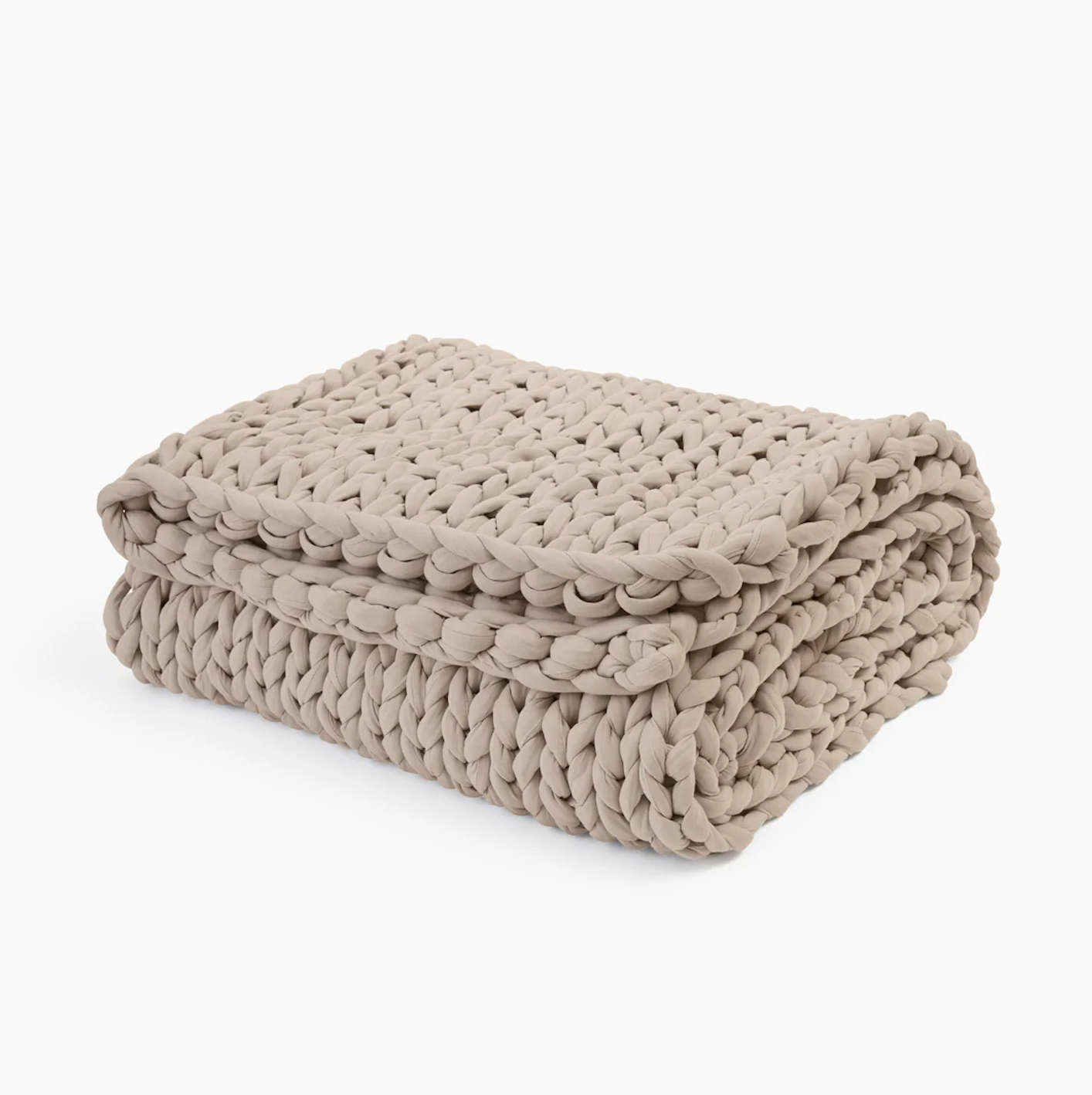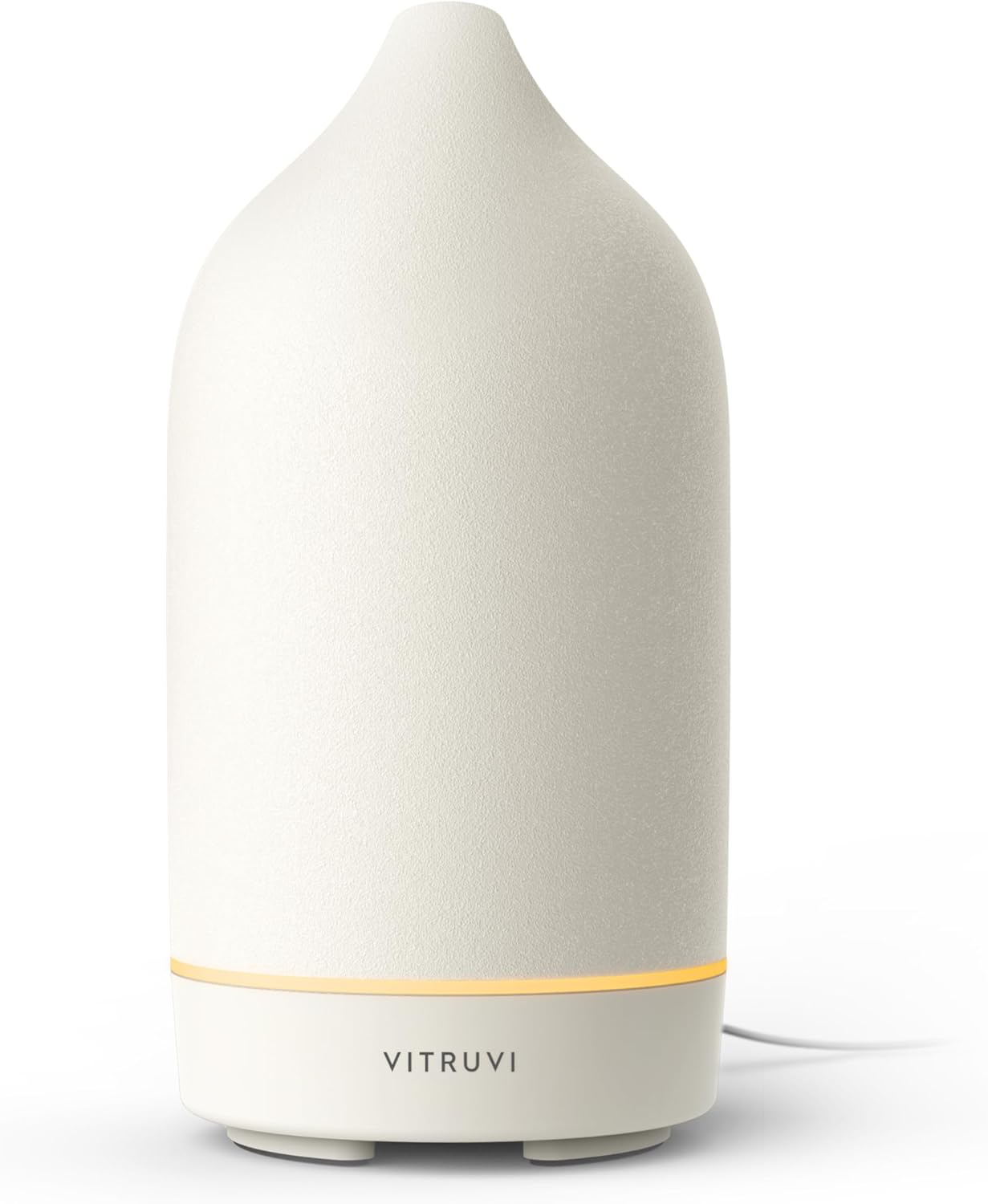
When I found out I was pregnant five years ago, I was sure I was having a girl. A part of me worried because of how dangerous the world can be for women. However, my worries became irrelevant and I was humbled when I found out I was having a boy.
As I adjusted to the idea of mothering a male child, I realized this could be a chance to raise a non-misogynistic man. Misogyny by textbook definition is hatred or prejudice against women. It often shows up as calling women “hos” for being sexual beings or disqualifying one from being “wife material” because she can’t cook a three-course meal.
As a woman who lives her life trying to blow up as many gender norms as possible, this mission–raising a non-misogynistic son–seemed befitting. Five years into the motherhood game, I’m intentionally working towards raising my son to respect women in their many facets and challenge gender norms. This is important to me because misogyny is harmful; so much so that a 2022 study by the Scottish Government defined it as a “human rights issue” and a 2023 study by #ShePersisted called it a “national security threat.”
Although there’s often a misconception that only men can be misogynistic, many women are culprits of this too. We often have internalized misogyny–when you subconsciously project sexist beliefs or stereotypes about women onto other women or yourself. For example, think of the comment sections flooded with women saying Keke Palmer embarrassed Darius Jackson, destroyed her home, and shouldn’t have worn that sheer dress to see Usher. Or women shaming Meg Thee Stallion and denying the violence she endured because she was allegedly sexually intimate with Tory Lanez at one point.
I have realized the first step in raising a non-misogynistic son is to uncover and unlearn my own internalized misogyny. Some behaviors I discovered included me shaming women who didn’t spend enough time with their kids or shaming myself because I didn’t enjoy cooking. I’ve also had to reject the idea that me wearing booty shorts or posting a bikini pic online means I’m promiscuous. As a boy mom or any mom at that, it’s important to be aware of your misogyny so you’re not passing these harmful beliefs on to your kids. When we pass this toxic baton of sorts onto them, we create more podcast bros spending their time in women’s business and dictating what we should be doing. We don’t need any more podcast bros, bro.
Angela Banks, CEO at The Clarity Couch Counseling Services and a mother of two boys has also had to unlearn some of the misogyny that’s so deeply rooted in our society.
“I find myself constantly having to be aware of my thoughts about things to ensure they are not rooted in it,” she tells ESSENCE. “I try to be open to learning from others’ lived experiences. I also am open to adding new information and knowledge to my toolbox because knowledge is power and that’s how you are able to create change and do things differently. I find that having an open mind allows for more flexibility and more balance in my thinking.”
Unlearning your internalized misogyny is one approach, but there is also an opportunity to affect change in everyday engagement with your sons. I do this during mundane activities like cooking and cleaning–two things I don’t enjoy doing but that are expected of me as a woman. One of the things I detested in most of my past relationships was the expectation that I would be a cook, cleaner, and house manager. (If we were really following traditional gender rules, I should have been a kept woman who wasn’t also paying bills but I digress.) These days, I allow my son to participate in all household chores including cooking and cleaning, and he enjoys it. I also avoid using language like “Women are supposed to” or “Men are supposed to” because these are basic life skills everyone should have and I don’t want him putting either gender in a box.
Banks also take a similar approach in a bid to raise her sons in a different way.
“Some of the ways that my husband and I try and teach our children to not be misogynistic is by showing them that our household roles are not determined by our gender but by who is available to take care of things and who does things well. In our home we base responsibilities on our strengths as partners,” she says.
Beyond household roles, I allow my son to wear stereotypically “feminine” colors like pink, which is one of his favorites. At one point, he enjoyed playing with dolls and was fascinated with painting his nails. I am not going to pretend that I didn’t have to challenge my learned misogyny in those moments because I’m in the business of keeping it real. I tried to remind myself that he is a nuanced and curious human before he is a gender. I would be limiting him and teaching him beliefs that are harmful to both men and women if I told him “Boys don’t do things like that.” Plus, it’s simply untrue and can breed homophobic views too.
There is an undeniable nexus between toxic masculinity (I know men hate this term) and misogyny, so I try to tackle both in my parenting. When men are taught they have to be dominant, aggressive, and suppress their emotions, women often end up on the receiving end of the outcome of that. Toxic masculinity is also upheld by misogyny because men are taught that a woman’s role is to support and stand by men engaging in these toxic behaviors. I commit to gentle parenting my son so he feels comfortable expressing his feelings, including how to express anger in a healthy way, and has autonomy.
Neks Nwaezeapu, a senior marketing communications manager and mom to two boys is also tackling misogyny by encouraging her son to express himself through regular communication. She is already seeing the fruits of her labor in her seven-year-old.







“We have a lady who watches my newborn when I’m away. He shows a lot of kindness and consideration for her and it makes me feel like we’re on track,” she says.
“I have been fortunate not to do much here,” she says. “Their father is a feminist so he supports me and my ambitions, and rallies everyone at home to support and show up for me.”
Let’s continue putting in the work to raise a generation of men and women who respect one another’s differences and preferences. It isn’t easy, but it’s definitely worth it.








